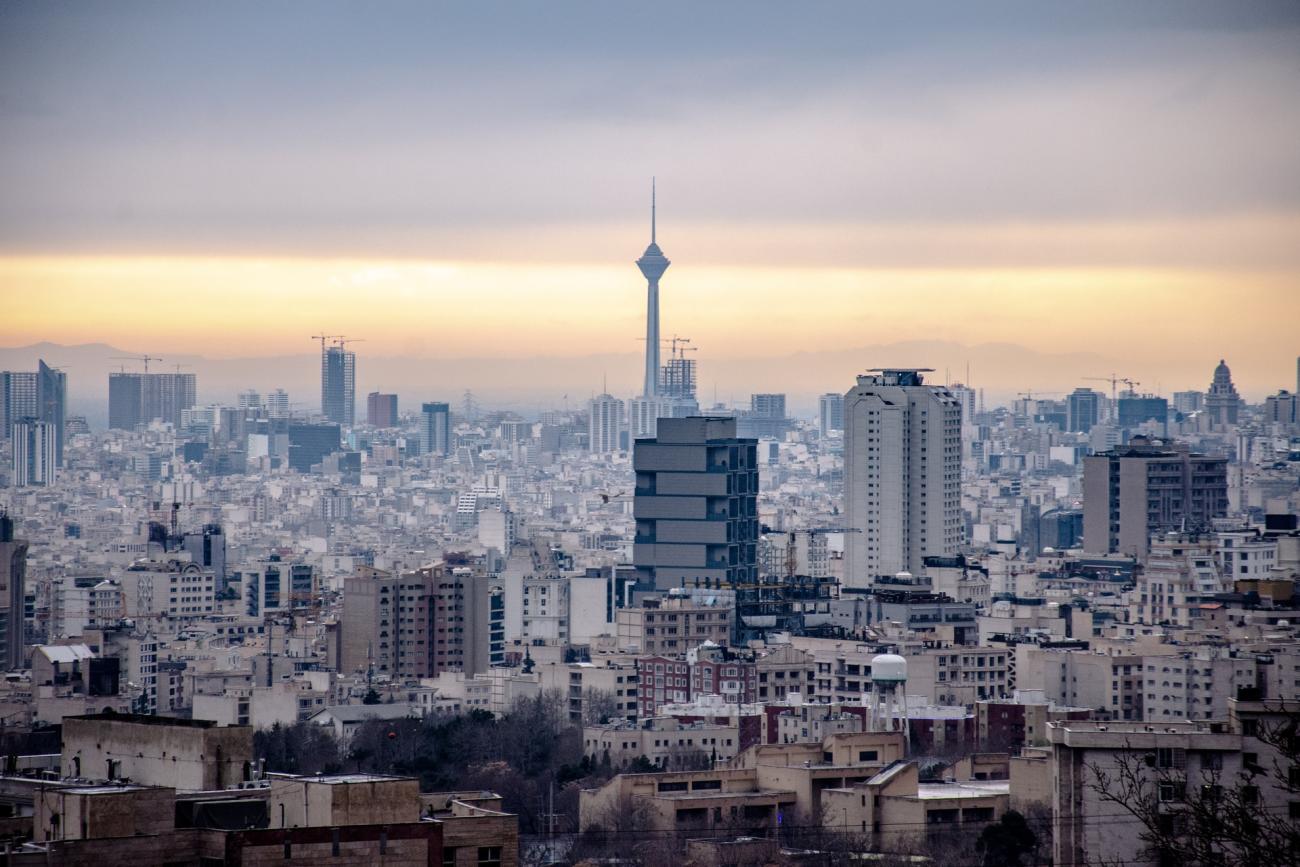Iran tackles its cities' carbon emissions

Iran is amongst the top 10 countries contributing to carbon emissions and 75 percent of its population is urban.
Urbanization is one of the defining trends of the 21st century. By 2050, two thirds of the global population will live in cities. However, many cities are grappling with the challenges of growing inequality and the continued difficulties in shaping sustainable and livable spaces. Despite this, cities remain places of opportunity and prosperity. They are also key to ‘building forward better’ from the COVID-19 pandemic. As we work towards recovery, UNDP looks at cities as hubs of community, human innovation and ingenuity.
Iran is amongst the top 10 countries contributing to carbon emissions and 75 percent of its population is urban.
Iran’s energy consumption increased by 5 to 8 percent between 1990 and 2019, which is about five times higher than the worldwide average. Buildings, particularly in urban areas, account for a considerable amount of energy consumption, which is about 2.5 to 4 times more than the global mean, and 70 percent of this is from public buildings, which waste up to 60 percent of their energy.
Iran spends about 20 percent of its GDP on energy subsidies. Improving energy efficiency is vital to the country’s progress and can contribute to environmental and economic sustainability.
Iran spends about 20 percent of its GDP on energy subsidies. Improving energy efficiency is vital to the country’s progress and can contribute to environmental and economic sustainability.
Much of this work is taking place in the capital Tehran, which has grown in 200 years to one of the world’s largest cities, with around 9 million inhabitants.
UNDP, together with the Vice Presidency for Science and Technology and the Tehran Municipality. is working towards clean and renewable energy and increasing efficiency in urban buildings. The initiative is expected this year to reduce energy consumption by 20 percent in 400 buildings.
Beyond this, together with partners, UNDP Iran supports integrating circular economy priorities into urban planning focusing on waste management through strategic partnership with Tehran Municipality and UN Habitat.
UNDP Iran is combining resource efficiency with low-carbon development by recycling bottles in Tehran Mega City. This initiative will be introduced at the national level and will contribute to decoupling economic growth from the unstable use of natural resources.
Together with national partners and the UNDP Global Centre for Technology, Innovation and Sustainable Development in Singapore, UNDP Iran is looking at supporting the Smart Tehran Program, which aims to transform the city into a more sustainable and livable place for all citizens, visitors and businesses. We are using the disruption of the COVID-19 pandemic to redefine living and commuting.
We mobilized approximately US$10 million to address COVID-19 prevention, risk communication and detection. UNDP will create approximately 10 thousand green jobs focused on small enterprises and home-based employment, through innovation, diversification and using digital platforms to connect customers in cities with sellers in rural communities.
An example is our work in the Lake Urmia basin, where UNDP in partnership with the Department of Environment and with generous funding of the government and people of Japan, is addressing the impact of climate change by reducing the amount of water used in irrigation by 30 percent, while improving agricultural yields. UNDP is also helping to diversify rural livelihoods, reducing dependency on agriculture and natural resources, engaging local communities in new income earning initiatives such as producing personal protective equipment for health workers.
UNDP together with its partners is seizing the COVID-19 pandemic to build forward better, learning from the crisis and responding with greener strategies, greener infrastructure, financial instruments and green jobs.





